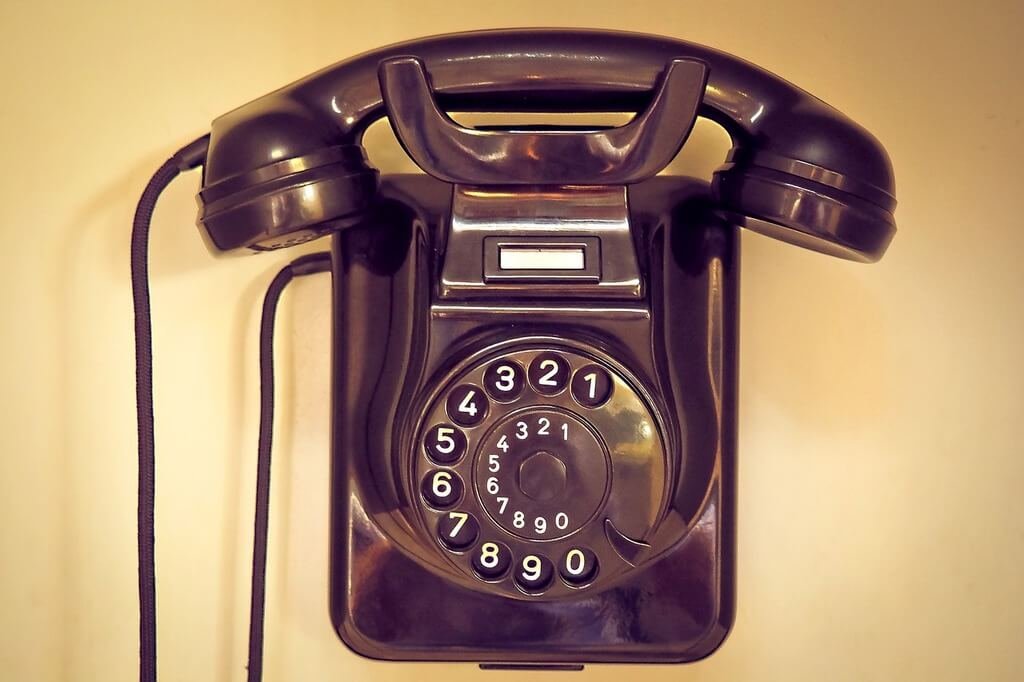Communication has been the cornerstone of human progress, and no invention has played a more pivotal role in connecting people across distances than the telephone. In this exploration, we delve into the intriguing history of the telephone’s invention, tracing its origins, key players, and the transformative impact it has had on society.

Antecedents To The Telephone
Before the telephone emerged, communication relied on handwritten letters, face-to-face conversations, and the telegraph. The mid-19th century, however, saw a surge in the desire for a more immediate and efficient means of connecting with others. Enterprising inventors began to experiment with the transmission of sound over distances, setting the stage for the eventual birth of the telephone.
Early Innovators And Experiments
Among the early pioneers was Antonio Meucci, an Italian inventor who, in the 1850s, conducted experiments with voice communication devices. While Meucci’s contributions were significant, it was Alexander Graham Bell who would eventually claim the spotlight in the narrative of the telephone’s invention.
Alexander Graham Bell: The Mind Who Gave Life To The Telephone
In 1876, Alexander Graham Bell secured the patent for what would become one of the most revolutionary devices in history—the telephone. Bell’s journey toward this groundbreaking invention was influenced by his familial background in elocution and speech therapy. This unique perspective provided him with the insight to experiment with devices that could transmit spoken words.
Bell’s Eureka Moment
At the height of his achievement, Bell, in his laboratory, voiced the celebrated first words through the telephone to his assistant, Thomas Watson: “Mr. Watson, come here, I want to see you.” These words signified more than a routine call; they marked the beginning of a new era in communication. The telephone was born, and the world would never be the same again.
The Patent War
However, the journey from invention to widespread use was not without its challenges. Elisha Gray, an American inventor, had also developed a similar device and filed a patent caveat on the very day Bell submitted his patent application. This sparked a legal battle over the invention of the telephone, with Bell ultimately emerging victorious. The patent dispute, though contentious, cleared the way for the rapid dissemination of the telephone.
Telephony Takes Flight
With the patent secured, the telephone rapidly gained popularity. Bell Telephone Company was established to oversee and promote the use of this revolutionary device. The first practical telephones were deployed in Boston, initiating a wave of adoption that would soon sweep across the United States and beyond. The telephone became an essential tool, transforming the way people communicated over long distances.

Impact On Society
The significance of the telephone in society cannot be emphasized enough. It shattered the constraints of time and space, enabling real-time communication that was unprecedented. Businesses flourished with the ability to conduct transactions at a distance, governments communicated swiftly, and households welcomed this device that bridged the gap between loved ones separated by miles. The telephone became an indispensable part of daily life, symbolizing progress and connectivity.
Technological Evolution Of The Telephone
As technology advanced, so did the telephone. From its early designs with rotary dials to the introduction of touch-tone keypads, the telephone evolved to meet the changing needs of its users. The transition from landline telephones to mobile phones marked another significant leap, providing individuals with the freedom to stay connected on the move.
Smartphones: The Next Frontier
In the 21st century, we witnessed the advent of smartphones—a quantum leap from the traditional telephone. These multifunctional devices not only facilitated voice communication but also became portable hubs for information, entertainment, and social interaction. The smartphone era ushered in an age where communication and connectivity were seamlessly integrated into every aspect of our lives.
Challenges And Ethical Considerations
However, with the convenience of constant connectivity came challenges. Privacy concerns, the impact of an “always-on” culture on mental health, and the digital divide emerged as pertinent issues. As we celebrate the progress made in communication technology, it is essential to address these challenges responsibly and ensure that the benefits of the telephone are accessible to all.
Final Thoughts
The invention of the telephone stands as a testament to human ingenuity, perseverance, and the insatiable quest for progress. From the early experiments of innovators like Antonio Meucci to the patent disputes that accompanied Bell’s success, the telephone’s journey mirrors the complexities inherent in technological advancement.
As we marvel at the evolution of the telephone and its profound impact on society, let us not forget the responsibilities that come with these technological leaps. The telephone, in its various forms, continues to shape the way we connect with the world, fostering a global community that is more interconnected than ever before. The word “telephone” itself echoes through history, reminding us of the incredible journey that started with a simple desire to bridge distances and connect hearts.
Also Read: What Did Henry Ford Invent?
